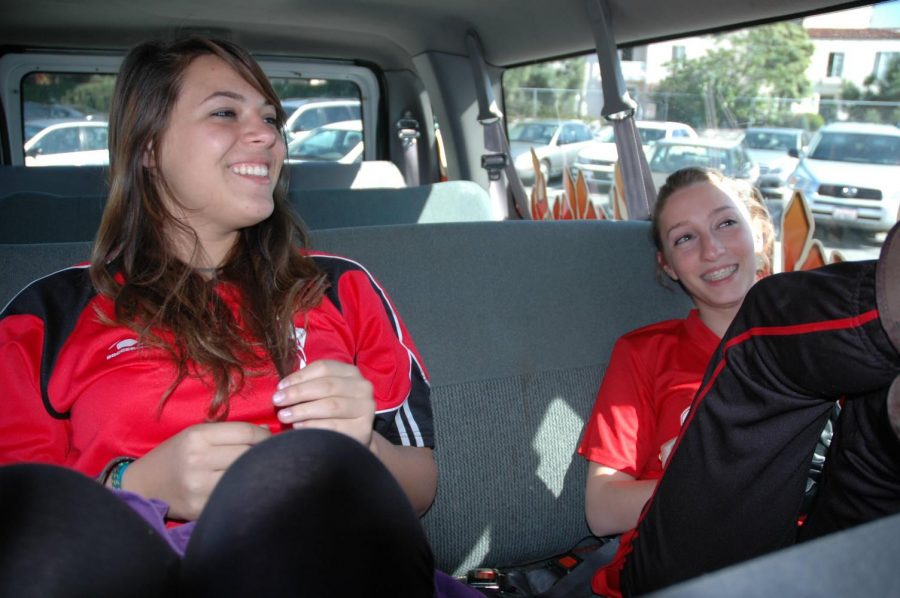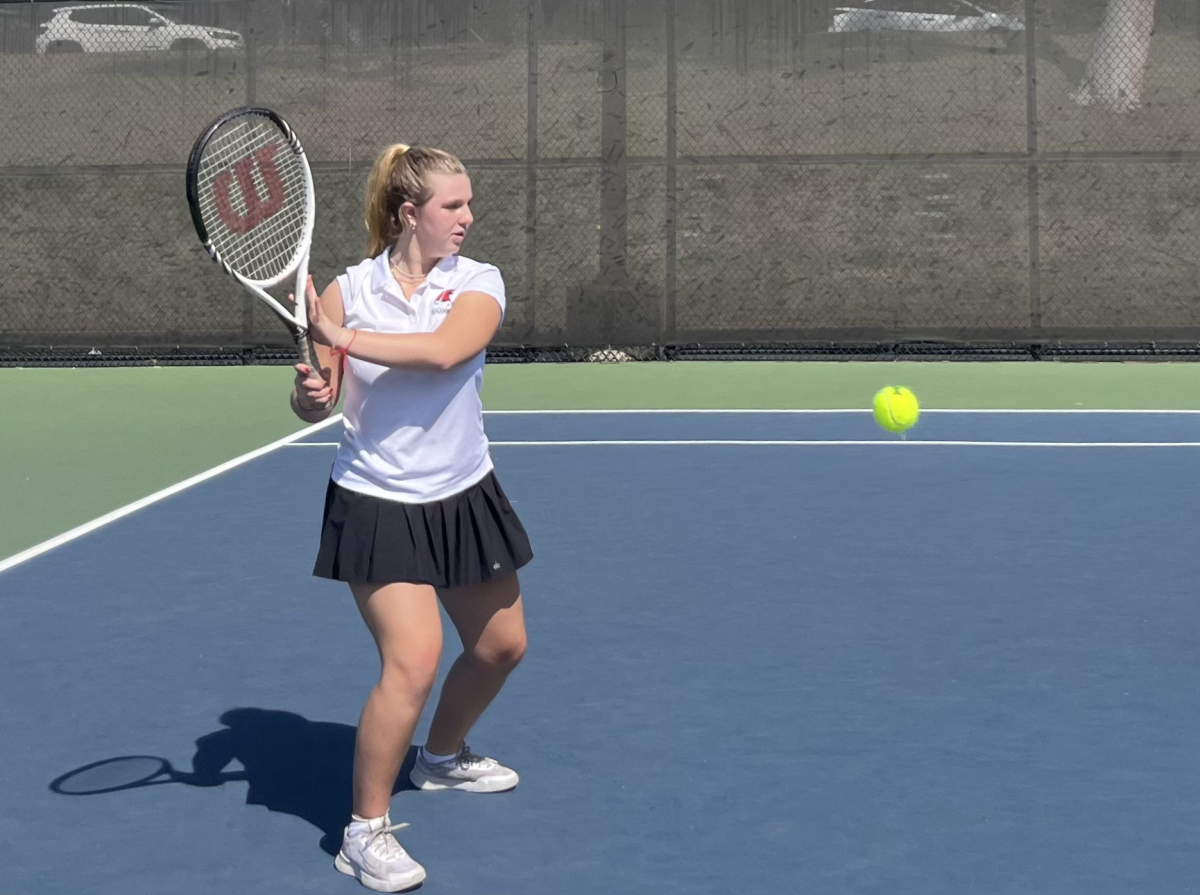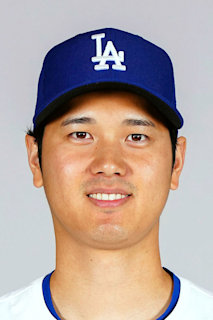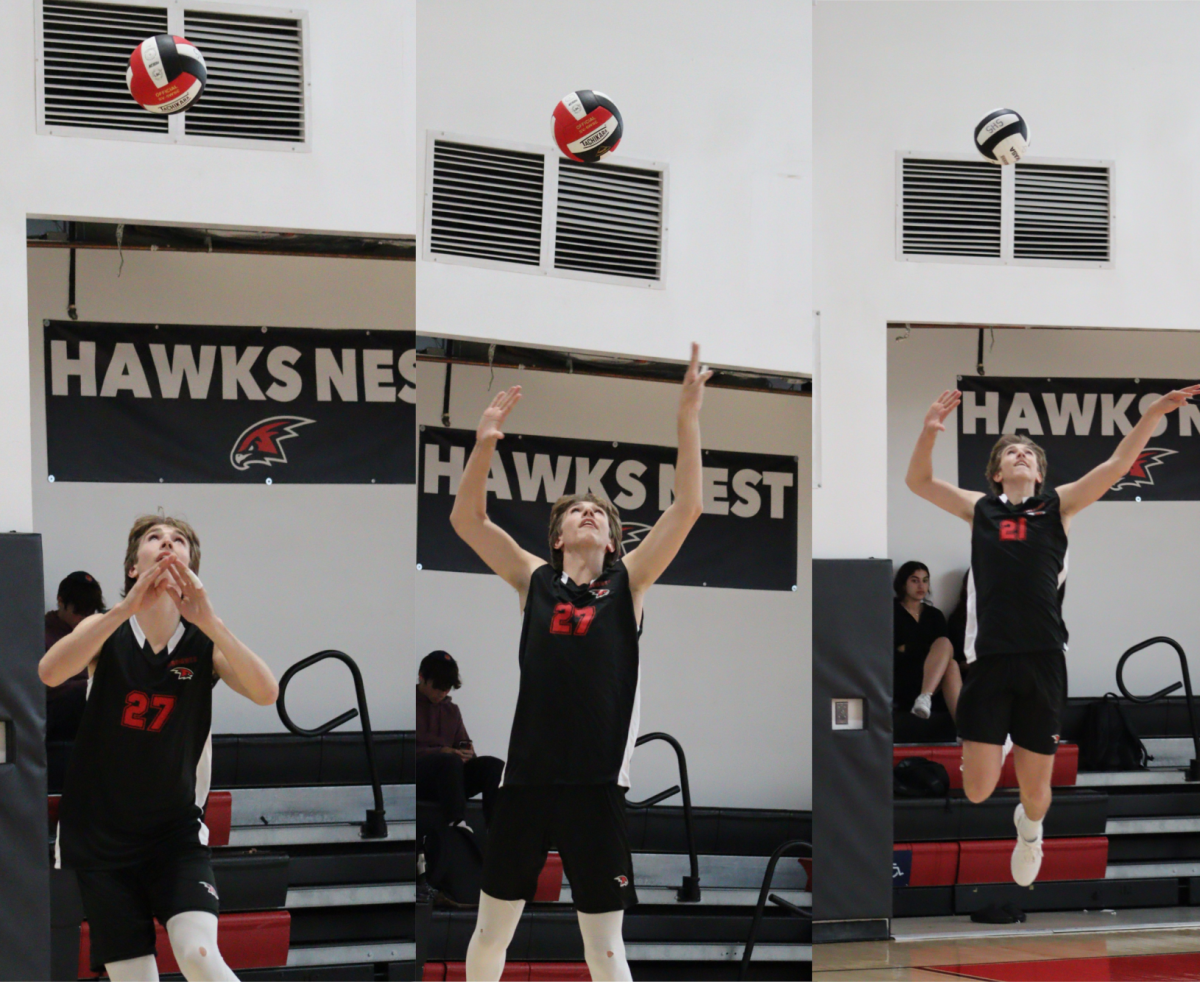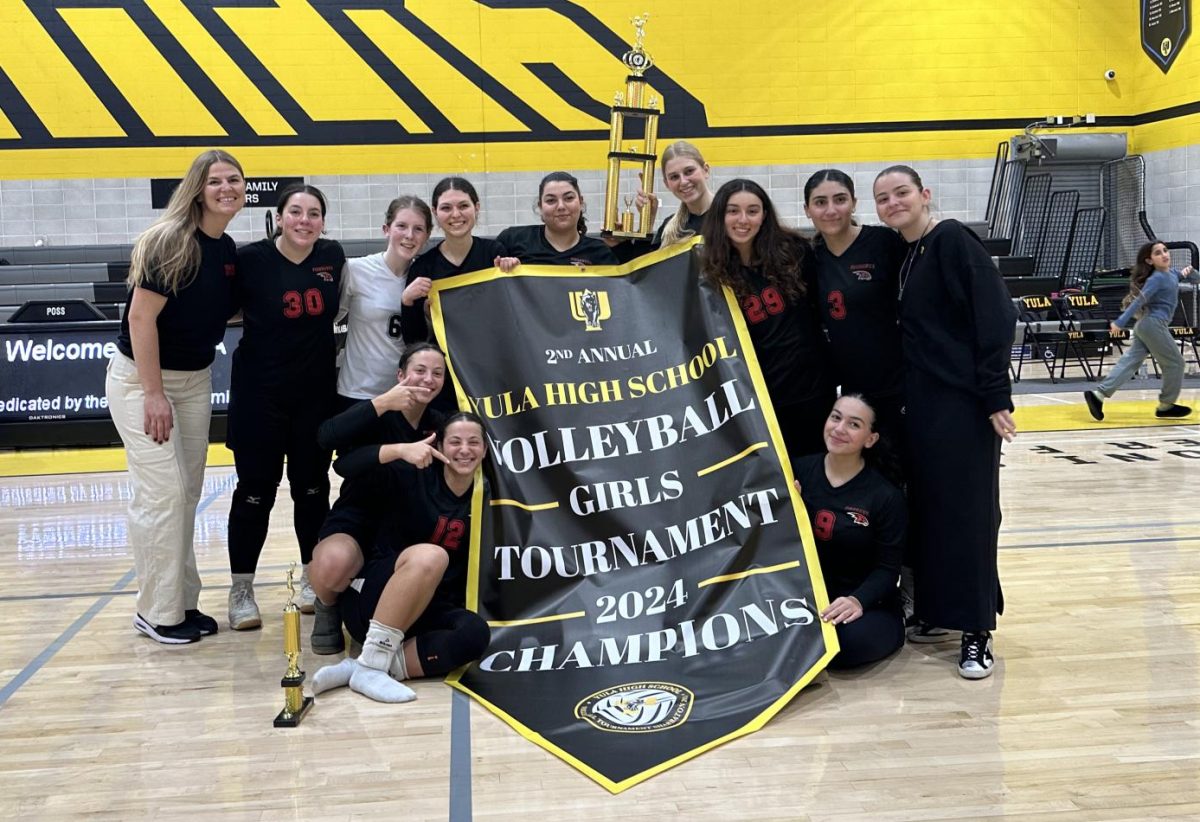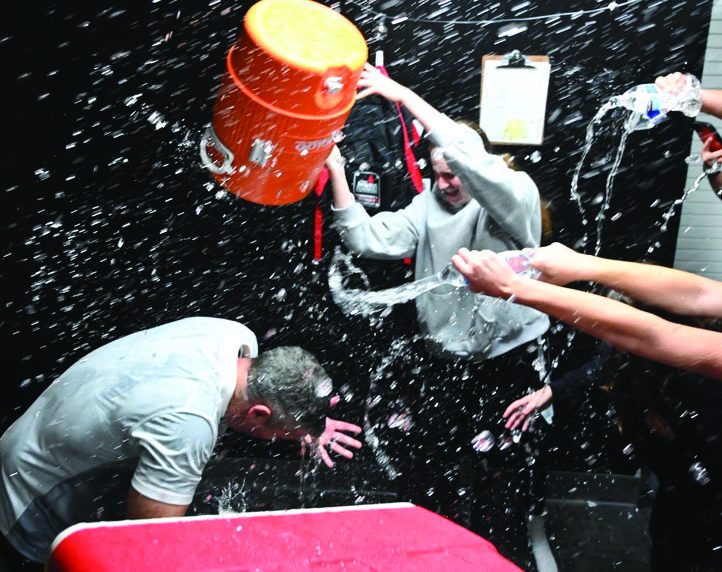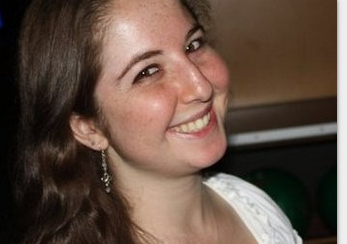Have you ever walked into an afternoon class and found it half-empty? Chances are that at least one sports team was playing a game that day.
One of the most common complaints at Shalhevet is the amount of class athletes miss for sports games. Since Sukkot vacation in October, there has yet to be a full week of school where sports did not impact the size of afternoon classes.
“I think it hurts the athletes who are missing the class,” said Mr. Lawrence Mullin, whose eighth period U.S. History class is often missing students. “I guess sometimes it hurts the rest of the class, because then you might have to teach it again even though you’re not supposed to, but it kind of turns into that.”
Since mid-November, both girls’ and boys’ soccer teams have missed at least 50 classes each. The members of the boys’ varsity basketball team have missed at least 60 classes for games including their Yeshiva University tournament in Memphis. After the recent Miami tournament, the girls’ varsity basketball team has missed over 30 classes.
“It just comes with the territory that we have to miss a lot of class, and I totally understand how draining that is on the potential academic performance of our students,” said Mr. Joel Fisher, Shalhevet’s Athletic Director. “I feel bad about it, but I don’t think it’s remediable. There is no magic formula for balancing.”
However, many cases seem to prove that missing class does not necessarily decrease an athlete’s potential to get good grades. Many people think that each student will always get the GPA that he or she is capable of, and there is no or very little correlation with how many classes they miss.
“The students that are negatively affected by missing class because of sports are the ones that are struggling already,” said Biology teacher Ms. Maria Rosales. “The students that are doing well will continue doing well whether or not they miss class.”
The majority of students who play games or have practice late at night insist that because they know their sports schedules ahead of time, it isn’t hard to do all their homework in advance.
“It used to be hard to organize my schedule, but now, if I know I’m going to have a game, I do all my homework before or I ask my teachers what I’m going to miss and it’s not a problem,” said junior Emilio Lari, a member of the boys’ soccer and baseball teams. “It affected me freshman year because I wasn’t used to the system, but now it doesn’t affect me.”
It is even possible that missing class for sports and doing badly in a subject are not related at all.
“The fact that I’m on sports teams doesn’t distract me from my grades,” said sophomore Laura Melamed, soccer and softball player. “My grades would be just as good or bad if I didn’t play sports. I basically just use all of my free time to get my work done.”
But there are still exceptions to Ms. Rosales’ rule. On the occasions when athletes who are generally good students fall too behind in one subject, they either quit or are put on probation. Senior Zach Miller played baseball until mid-sophomore year when his workload became too much to balance.
“We had games in the middle of the day and I was missing important classes,” said Zach. “I could make up missing homework time, but missing the class itself would hurt me. And then there would be practice after school and I couldn’t keep up. I had to choose between baseball and my grades, and obviously I chose my grades.”
Because some sports (or other extracurriculars) miss more class and take up more after-school time than others, Shalhevet’s policy states that if a student starts to get below a C in any class, they are suspended from that sport until they pull up their average.
“If that’s the case then I think the person should definitely get suspended for a week to try to raise their grade up,” agreed sophomore Adam Sharabi, who plays varsity basketball, “because education is much more important than sports.”
While most people agree that school should take precedence, some say that your responsibility to a team or club should overrule obligations to school. Mr. Fisher, who teaches Precalculus, Algebra II, and Geometry, says that a student who doesn’t feel that he or she is able to adequately balance the two should reconsider playing sports.
“My belief is that your commitment to a group should supersede your personal interests, so my bias in general is that students have to plan ahead since they know the schedule and make it as feasible as possible to study without missing games,” argues Mr. Fisher. “Even missing practices gives me the willies, but I’m willing to split the difference. But games should never be missed for academics.”
The reason, according to Mr. Fisher, that students on sports teams often leave school early is because Shalhevet is the only school in the Mullholland League that gets out after three o’clock. While athletes at other schools can get to a game without missing any class, Shalhevet students do not have that luxury. Though the ideal situation would be to schedule games after five o’clock, few schools agree to play so late in the day.
“Students from other schools just want to go home,” said Mr. Fisher. “When we play schools like YULA, we don’t have to miss class, but in general sports are played in the afternoon anyway.”
At YULA — who, although not in the same league as Shalhevet, is the only other school in the area to get out as late — athletes also leave school in the middle of the day for games. According to YULA sophomore Justine Englanoff, students must maintain at least a 2.5 GPA to be able to play sports, or they will get kicked off.
“For the last few months I’ve missed the same class every single day, and a lot of other classes,” said Justine, who plays varsity basketball and softball for YULA Girls. “It made it a little harder because I had to catch up on all the work and stuff that I missed; but it didn’t really affect my grade until we went to Florida and I missed a whole week of school. Now, I’m really, really behind in every class, and it will probably bring down all my grades.”
Although YULA is one of the few schools that are willing to play at night, Shalhevet’s home games are scheduled at a time that doesn’t cause the players to miss class. However, because home games are much rarer than away games, athletes end up leaving midday more often than not.
Suggestions were made by both Mr. Mullin and General Studies Principal Mr. Tranchi about having a rotating schedule so that students would not fall drastically behind in one specific class.
“Some sports affect my classes more than others, but it affects the individual students,” said Mr. Christopher Buckley, who teaches, among other afternoon classes, AP Physics. “I don’t think missing class will necessarily hurt your grade, but it’s an even more uphill battle for the people who are already struggling.”

